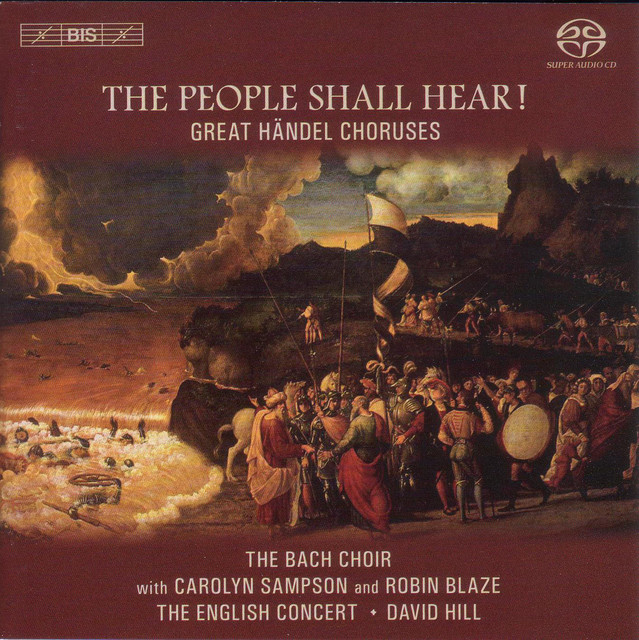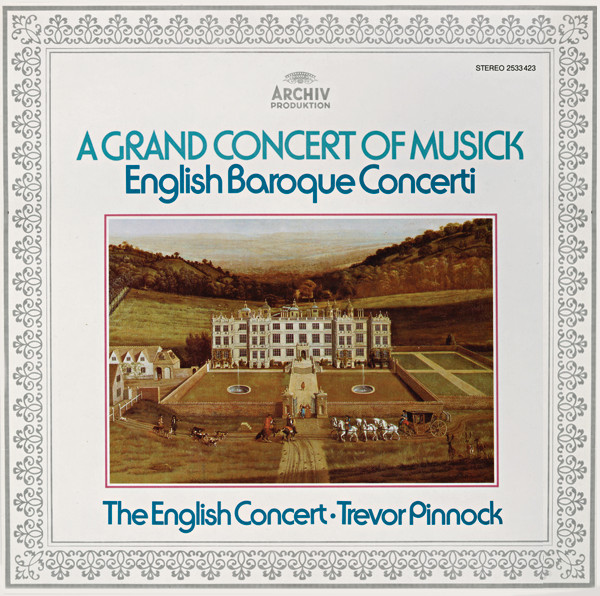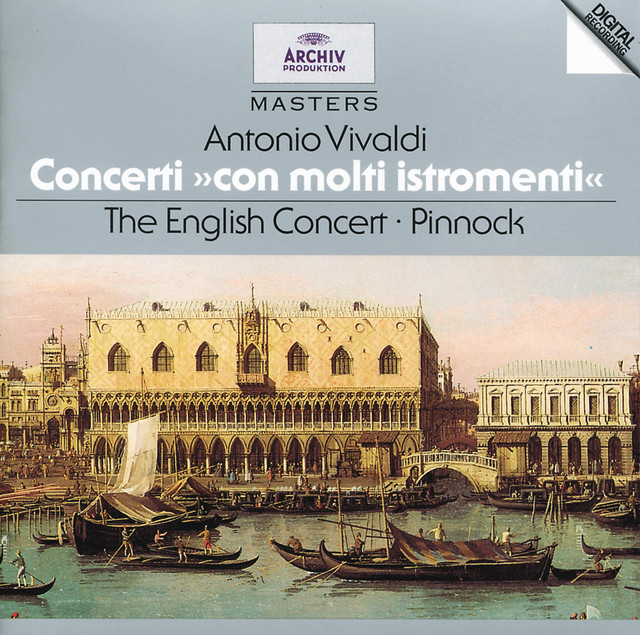Handel’s Rivalries and Musical Rebellion
It’s easy to think of Handel as the all-conquering hero, arriving in London from his Italian adventures, and commanding the operatic scene for the rest of his life. While any passer-by on the streets of London would instantly know Handel’s name, his crown was not without its challengers.
Foremost amongst these was the Opera of the Nobility. Created in 1733 and backed by the Prince of Wales, Handel’s rivals set about their assault on the throne. Appointing Nicola Porpora as musical director (a man who had already gained a reputation for major rivalries with composers across Europe), the battle lines were drawn.
Major opera after major opera followed; the body blows and counterpunches of an all-out war. Both companies fought not just for the attention of the audience but over Europe’s star performers, particularly the famous castrati Senesino and Farinelli.
But London could not support two vast companies such as the Royal Academy of Music (backed by King George II) and the Prince of Wales’ Opera of the Nobility, and the two closed their doors, bankrupt, in 1737.
Hannah French offers a wonderful insight into this tempestuous world as part of BBC Radio 3’s Early Music Show.
Click here to hear all about it
Handel’s Italian Journey and Rodrigo
Some 30 years prior, Handel was constructing his own musical rebellion. Having left Hamburg for Italy in 1707, Handel’s first port of call was Florence. The city was undergoing a transformation that would see it once again become a world centre of the arts. The restoration was the brainchild of Grand Prince Ferdinando of Tuscany, one of the last great personalities of the Medici family, who had inherited a ferocious taste for the arts from his ancestors. Amongst the many musicians Ferdinando commissioned and invited to Florence were Alessandro Scarlatti, Giovanni Legrenzi, and the Marcello brothers Alessandro and Benedetto.
A product of his time in Italy, surrounded by such cultural wonders, Handel’s second surviving opera Rodrigo recounts the tale of a perfidious king who faces his own fight for survival against a usurper and a vengeful mistress.
The opera represents the first dramatic work in which Handel fully embraces the Italian style, most notably in recitative and aria, and as such marks an important landmark in his development. But the extended overture is an exception, cast in the (then) traditional Franco-German form of a Suite (such as the Bach orchestral suites, for example).
It seems likely that this suite began life as an independent work, probably written in Hamburg shortly before Handel left for Italy, but in this context its overture is concisely effective and the following dances culminate in a striking and elaborate Passacaille, with its brilliant violin solo.
You can hear music from Handel’s Rodrigo, plus many more gems composed in connection with the Medici family, at the Wigmore Hall on 11th June 2019, including Marcello, Scarlatti, Corelli, Vinaccesi, and Vivaldi.



